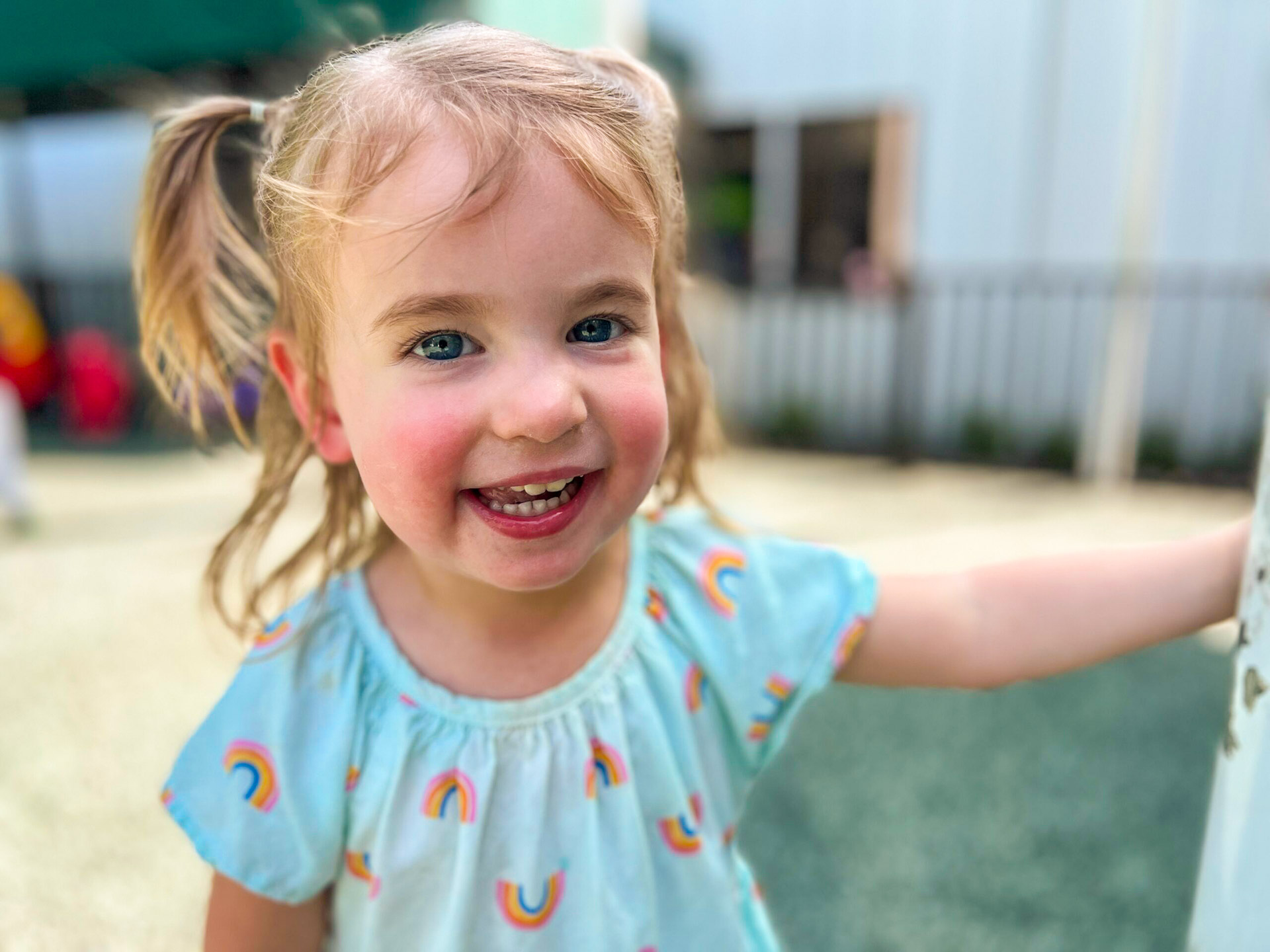The Montessori approach is a beacon of innovation and inclusivity in education. Dr. Maria Montessori founded this child-centered educational method, which has gained widespread recognition for its unique philosophy and nurturing environment. This blog post delves into how Montessori schools unlock children's potential by fostering individuality.
Child-Centered Learning
Montessori schools cater to each child's specific needs and interests. Unlike traditional education, where rigid curricula and standardized testing dominate the landscape, Montessori classrooms are characterized by an open and child-centered approach. Educators observe and understand each child's learning style, pace, and preferences to provide tailored instruction.
The Montessori method encourages students to pursue their passions and interests, which leads to greater engagement and enthusiasm for learning. As a result, children are more likely to discover and develop their unique talents, setting the stage for a lifelong love of learning.
Freedom Within Structure
One of the fundamental principles of Montessori education is providing freedom within a carefully prepared environment. Instead of imposing strict rules, our classrooms offer a structured yet flexible setting that empowers children to make choices in their learning journey.
Children are encouraged to explore various learning materials at their own pace in this environment. They can follow their interests, whether drawn to mathematics, language, art, or any other subject. This freedom fosters a sense of independence, self-discipline, and self-awareness, critical ingredients in nurturing their individuality.
Mixed-Age Classrooms
Montessori classrooms typically bring together children of different ages, fostering community and collaboration. Older children often take on mentoring roles, guiding their younger peers and reinforcing their knowledge through teaching. This dynamic setting allows children to learn from one another, share ideas, and develop empathy and understanding for others' perspectives.
Mixed-age classrooms also eliminate the pressure of comparisons and competition with peers of the same age. Instead, children focus on their personal growth and progress, encouraging them to embrace their individuality without conforming to societal norms.
Emphasis on Practical Life Skills
Montessori education places significant importance on practical life skills. From pouring water and tying shoelaces to caring for plants and preparing snacks, these activities instill a sense of responsibility and independence in children. Mastering practical life skills empowers them to take charge of their daily routines and builds confidence in their abilities.
By encouraging these practical life experiences, Montessori schools help children recognize their unique strengths and develop a deep sense of self-worth. This foundation of self-confidence encourages them to embrace challenges and strive for excellence in all aspects of their lives.
Conclusion
In a world where conformity overshadows individuality, Montessori schools shine as beacons of hope for nurturing the potential of each child. Montessori education fosters an environment that celebrates diversity and uniqueness by prioritizing child-centered learning, providing freedom within structure, creating mixed-age classrooms, and emphasizing practical life skills.
The Montessori approach equips children with academic knowledge and cultivates essential life skills and values that will serve them well beyond the classroom. By unlocking the potential of every child and embracing their individuality, Montessori schools inspire tomorrow's leaders, innovators, and change-makers.
Are you ready to unlock the true potential of your child's individuality and set them on a path of lifelong learning and success? Embrace the transformative power of Montessori education and witness the magic unfold before your eyes!

